The Evolution of Gaming in Sri Lanka: A Cultural Perspective
Written on
Chapter 1: Welcome to the Gaming Scene in Sri Lanka
Sri Lanka, often recognized for its stunning beaches and rich history, is also carving out a niche in the gaming world. While it's easy to view this island nation merely as a tourist haven, there is a burgeoning interest in video gaming that is very much part of its developing landscape.
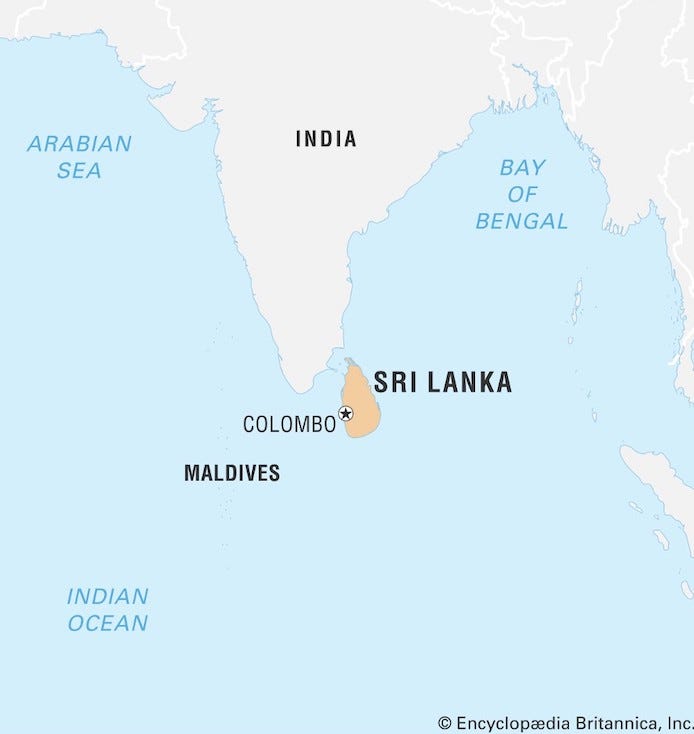
As expected, the economic disparity between developed nations like the US and developing countries such as Sri Lanka is pronounced. For instance, acquiring a $70 game like NBA 2K21 would require a month’s salary for many Sri Lankans. However, it's a misconception to think that the gaming scene is languishing here. Driven by passion, a vibrant community of gamers exists, and some are even creating their own games.
Section 1.1: The Market Landscape
Raveen Wijayatilake, CEO of Gamer.lk, estimates around 3 million people in Sri Lanka are interested in gaming, representing about 14% of the total population. Much of the excitement is centered in Colombo, the capital, which boasts a large number of PC gamers. Yet, when we look beyond the capital, mobile gaming emerges as the predominant platform, with PCs trailing behind and consoles representing a niche market.
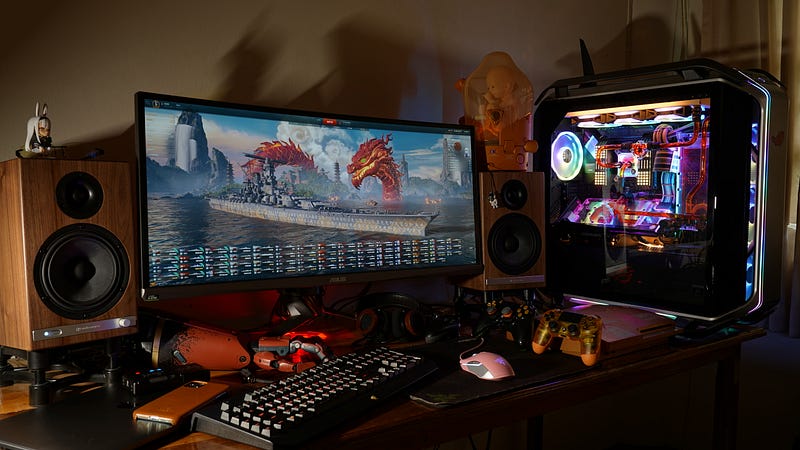
For many Sri Lankans, even a mid-range gaming PC is a significant financial commitment. According to the Central Bank of Sri Lanka, the average household income stands at LKR 62,237, with 88% allocated to living expenses, leaving little for discretionary spending. The starting price for a mid-range gaming PC is around LKR 100,000, enabling play on medium settings for most games and high settings for a few. Thankfully, seasonal promotions and regional pricing on digital platforms have made games more accessible.
Section 1.2: Challenges in Console Gaming
Unfortunately, consoles present a different story. Game prices vary widely, ranging from LKR 4,000 ($20) to LKR 14,000 ($72) for newer releases. While these prices may seem comparable to global standards, they are steep for most Sri Lankans. Retailer markups exacerbate the situation: a standard PS4 is priced at LKR 84,950 ($425) in Sri Lanka compared to $331 on Amazon. The latest consoles face even higher markups, with some retailers imposing a staggering 100% increase. Although local eCommerce sites may offer better deals, cash transactions remain the norm, reflecting a lack of trust in online shopping.
Chapter 2: The Rising Cost of Games
In the past, the digital download of games surged, aided by improved internet speeds. However, in developing nations like Sri Lanka, this growth has also been fueled by regional pricing offered by digital storefronts. The previous era was characterized by rampant piracy, largely due to the absence of legitimate game sales.
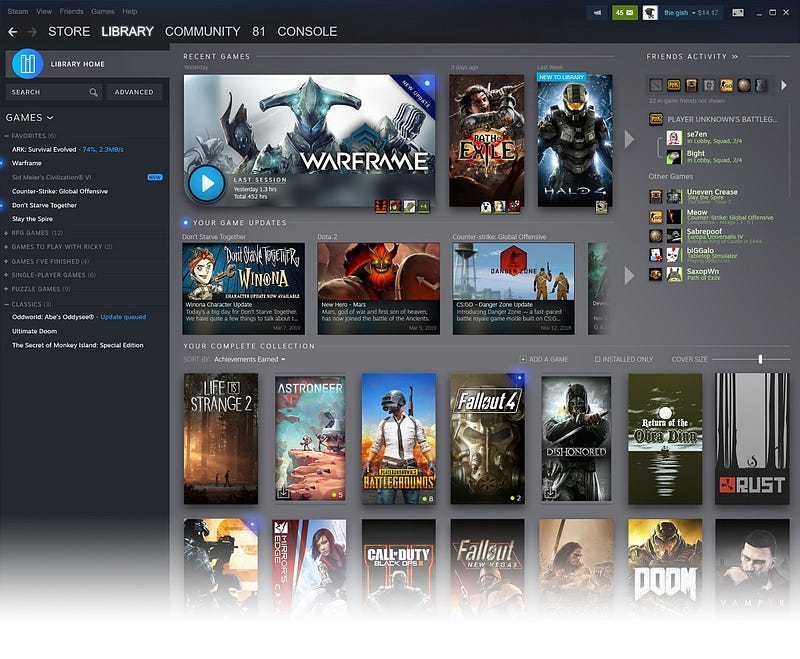
With a minimum wage of LKR 12,500 ($64.61), the contrast with the U.S. federal minimum wage illustrates the challenge: while Americans might work 8.5 hours for a $60 game, a Sri Lankan would need to work an entire month to afford it. The trend of increasing game prices poses a risk of rekindling piracy.
Increasing file sizes and stagnant data caps have compounded issues for gamers. As games grow larger—exemplified by Call of Duty's immense size—downloading them is not just a matter of storage but also of internet data limits.
“I can get a refund for a bad game from Steam. But I can’t get a refund on the 100GB I spent downloading it. That’s my entire night time quota down the drain,” says Neville Lahiru.

Currently, a 4G connection from Dialog Axiata costs LKR 3,900 + taxes per month for 220 GB of data, split into daytime and nighttime usage. This peculiar structure forces gamers to download large files overnight, further complicating access to new games.
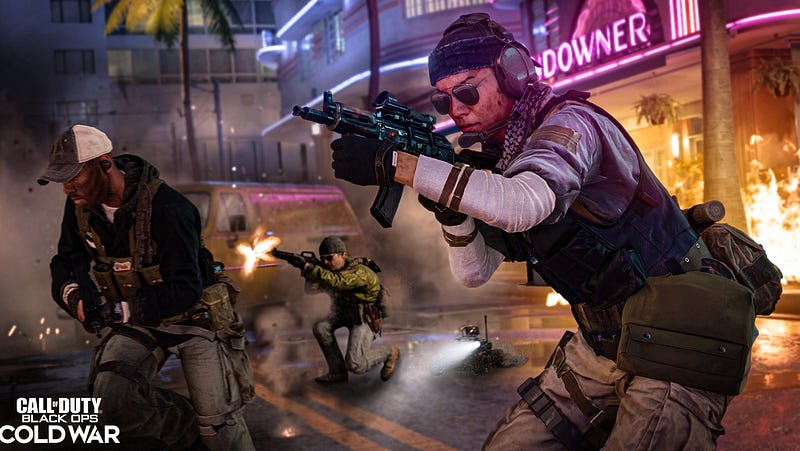
For instance, downloading Call of Duty Black Ops: Cold War on PS4 consumes 43% of the monthly quota, while the PS5 version takes up a staggering 60%. This illustrates the growing disconnection between increasing file sizes and stagnant data limits, threatening to exclude many from accessing new titles.
Fortunately, there is a glimmer of hope. The Telecommunications Regulatory Commission of Sri Lanka has announced plans to introduce unlimited internet packages without restrictions from April onward.
Chapter 3: The Mobile Gaming Surge
Given the economic realities, mobile gaming has emerged as the most accessible option in Sri Lanka. Budget smartphones have proliferated, enabling a gaming experience that transcends the need for high-end devices. Raveen notes, “It’s not uncommon to see Uber drivers or restaurant staff playing PUBG Mobile during breaks.”
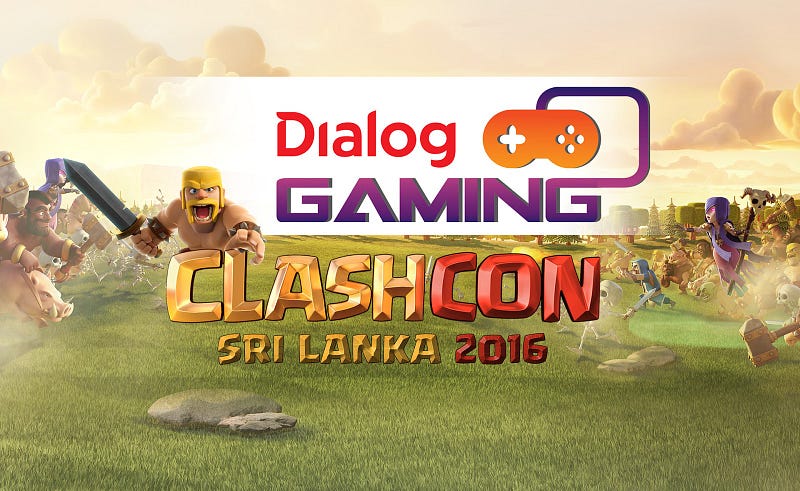
The 2016 Sri Lanka Cyber Games (SLCG), organized by Gamer.lk, marks a turning point. The tournament featured Clash of Clans, attracting over 2,500 participants, highlighting a shift in gaming interests.
This shift has prompted the local gaming industry to reconsider its focus on established markets, as mobile gaming continues to drive growth across the region.
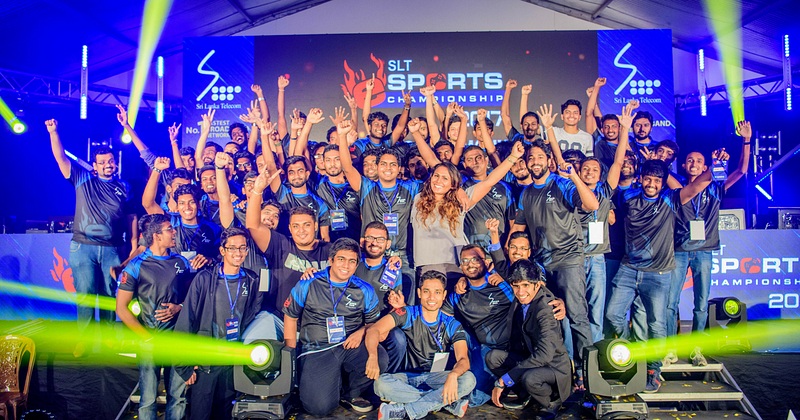
Chapter 4: A Thriving Gaming Community
Despite the hurdles facing traditional gaming platforms, Sri Lanka boasts a vibrant gaming culture. Players from diverse backgrounds are united by their passion, propelling the growth of the gaming industry. Over the past decade, this community has evolved significantly, with the rise of eSports tournaments and streaming, shifting gaming from a niche hobby to a mainstream activity in Sri Lanka.

Cover image source: Gamer.lk.